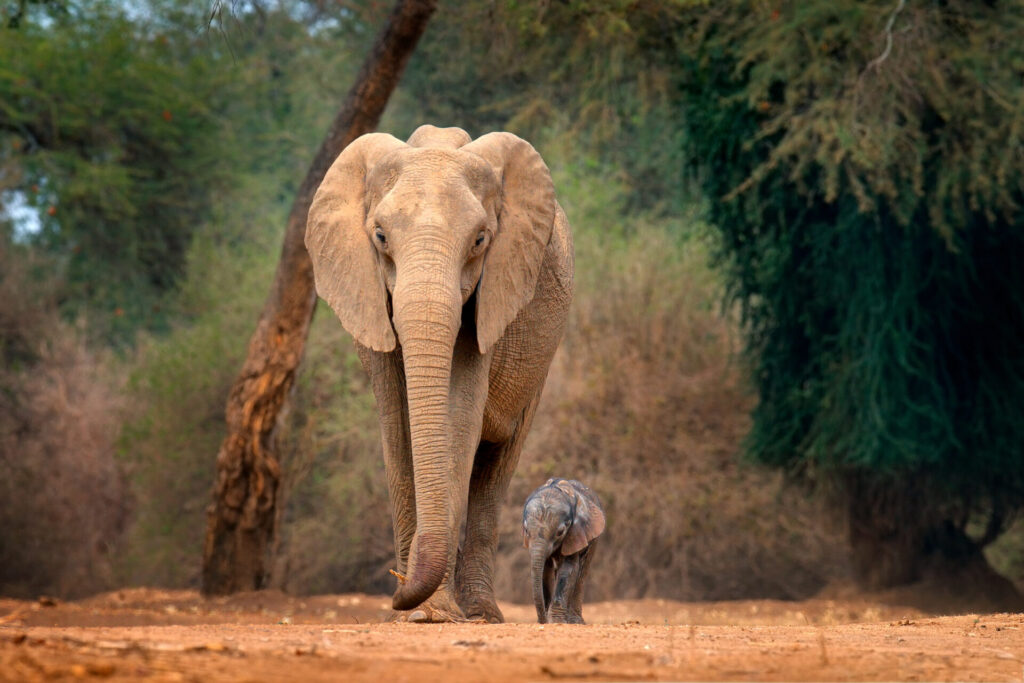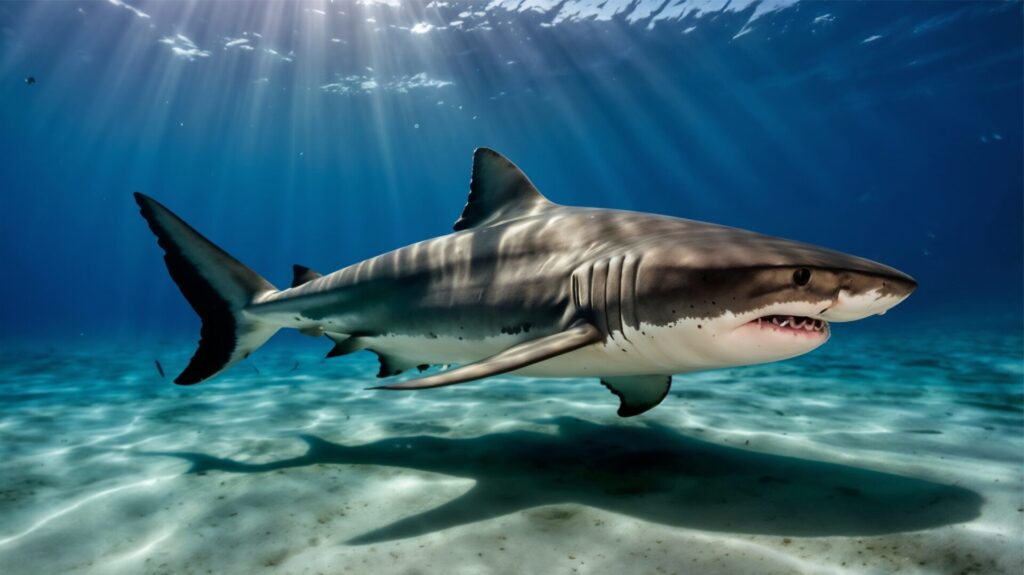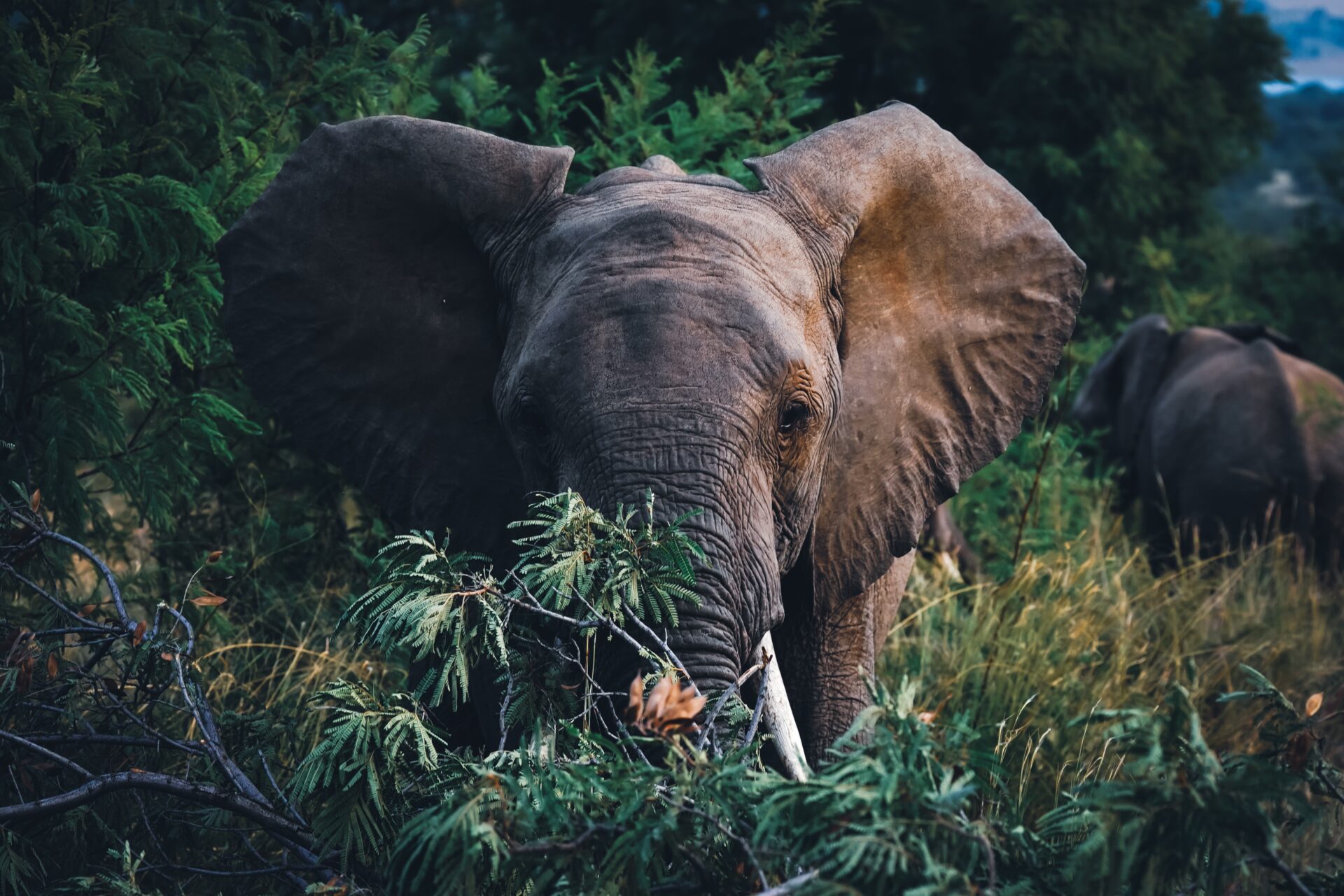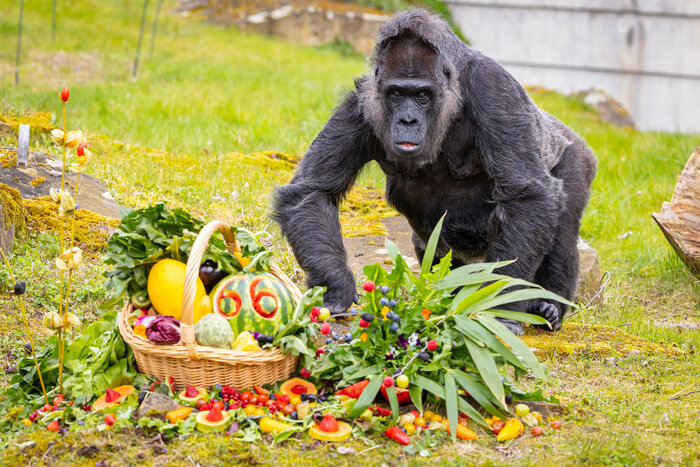The world is losing its older animals – causing a decline in species robbed of the experience needed to survive in the natural environment.
Few animals make it to old age, and the ones that do are vulnerable to being hunted due to being large in size or having the biggest antlers, horns or tusks, according to a new study.
Researchers warn that wiser wildlife are being killed at a greater rate than younger ones, causing significant consequences for group culture and social structures.
The research team is now calling for a new approach called ‘longevity conservation’.
Researcher Keller Kopf, an ecologist at Charles Darwin University in Australia says the current approach needs to be turned on its head.
‘That simplistic idea about old individuals not being important for populations, or for environments, is really not the full story,’ he said.
Value of Older Animals
During the study, his team found that the more they examined different groups of animals, the greater number of remarkable instances showing the value of older creatures was uncovered.
Primates, whales, elephants and pack-hunting animals all have old individuals who carry vital cultural knowledge and maintain social structures, according to the paper published in the journal Science.
Older female elephants, for example, have a ‘social memory’ of who is a friend or foe, and are more attuned to potential dangers such as listening out for lions.
They also have important functions in social groups, but are systematically hunted for their trophy status and larger tusks.

Although older mammals may produce fewer offspring themselves, they help their offspring produce and look after young ones. This is called the ‘grandmother hypothesis’ of healthy populations, which was first studied in humans, but has also been explored in elephants and orcas.
‘Biodiversity conservation and threatened species policies should protect age structure. This is particularly important in long-lived species that produce more offspring with age, or where migration, social networks and cultural transmission of knowledge are required for survival,’ Kopf adds.
For example, older elephants can remember where to find water during dry spells, and older whales may know the safest migratory routes. This ‘social memory’ plays a vital role in ensuring their survival during adverse conditions
Retaining old animals tends to protect populations from poor environmental conditions such as drought and other extreme climate. Older animals often possess valuable knowledge and survival skills, honed over many years, that help them navigate these tough conditions.
For example, older elephants can remember where to find water during dry spells, and older whales know the safest migratory routes. As climate change intensifies this ‘social memory’ plays a vital role in ensuring the survival of the group during adverse conditions.
Longevity Overfishing
‘Decisive new policy and actions are needed to protect and restore the crucial ecological roles and services old, wise, and large animals provide,’ explains Kopf. ‘For example, formally recognising and avoiding “longevity overfishing” should be incorporated into fisheries management to help ensure the long-term sustainability of fisheries.‘
Long-lived fish species, such as tuna, cod, sharks, and snapper, play crucial roles in marine ecosystems by guiding migration patterns, regulating prey populations, and maintaining biodiversity.

Older individuals in these species carry valuable ecological knowledge, such as the best breeding and feeding grounds, which is passed down socially and helps ensure the survival of their populations.
Culum Brown, a marine biologist at Macquarie University in Sydney, says killing older members of a species is likely to be a big problem for fisheries management as taking big fish diminishes a population’s collective memory.
‘The key thing here is that many important behaviours, such as migration to breeding and feeding grounds, are transmitted socially in lots of species of fish,’ said Brown.
‘Imagine a fish swimming around in the ocean. The chances of finding the best feeding or breeding locations by chance is virtually zero. This is why following successful strategies passed on through generations is so important.’









